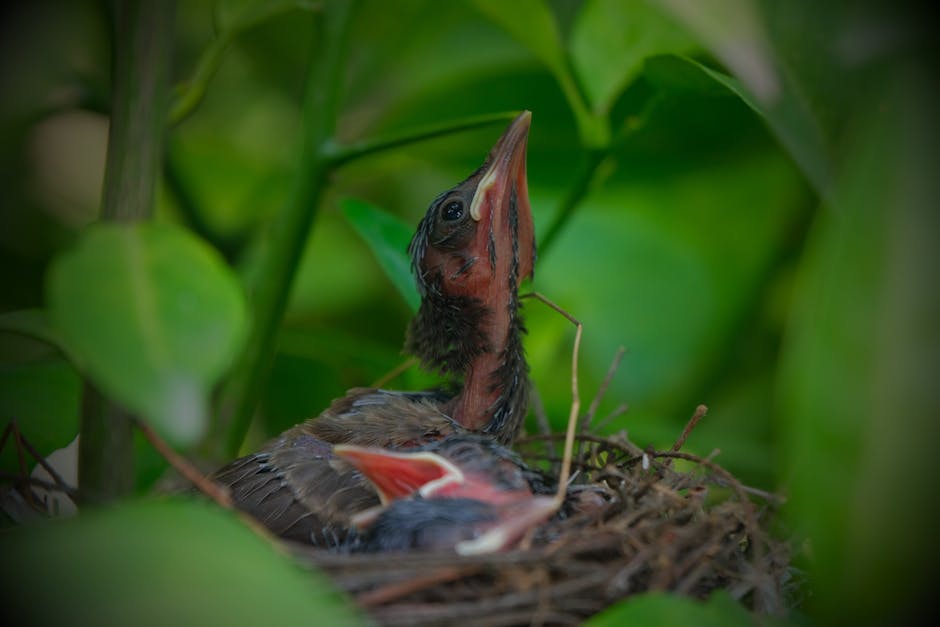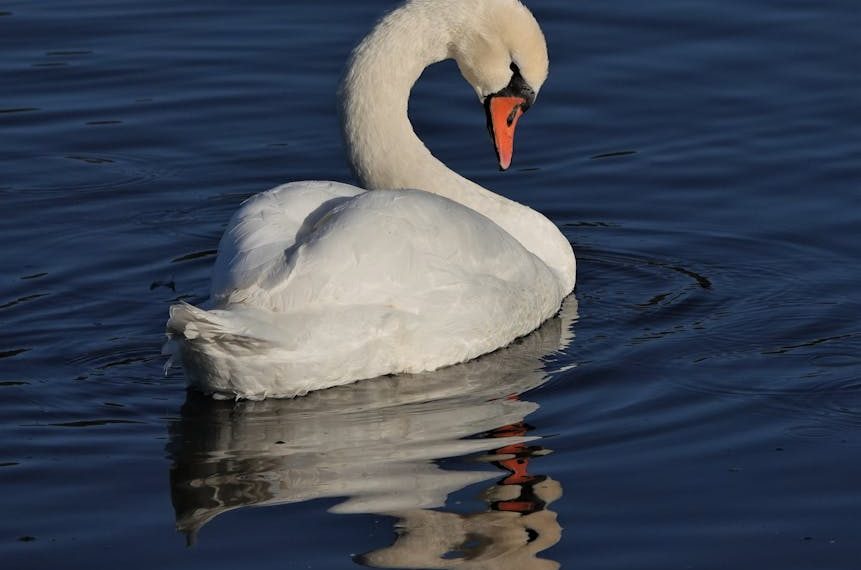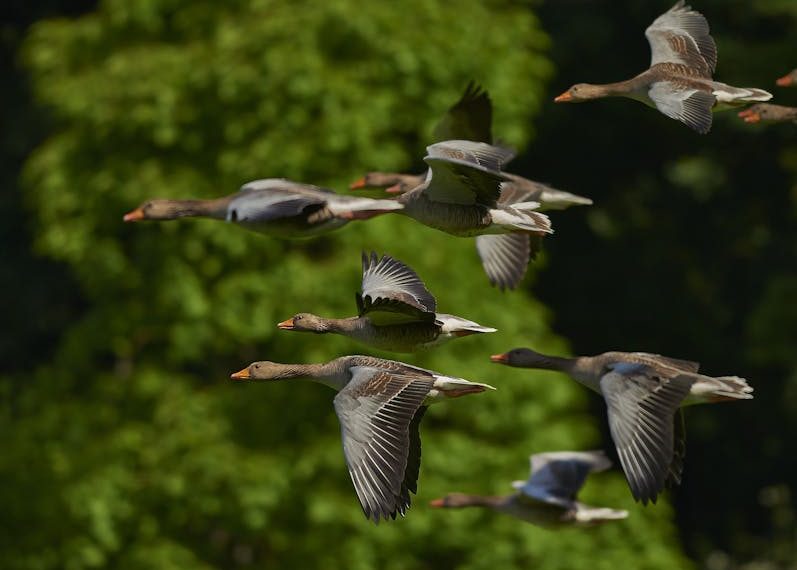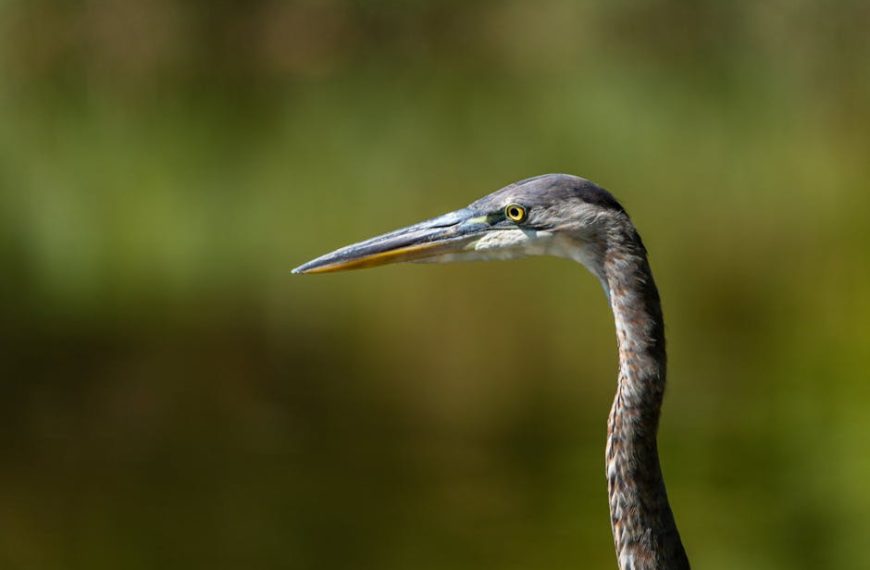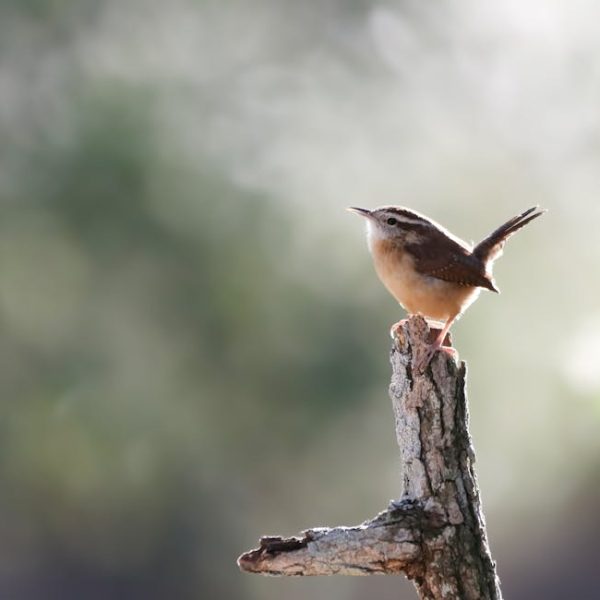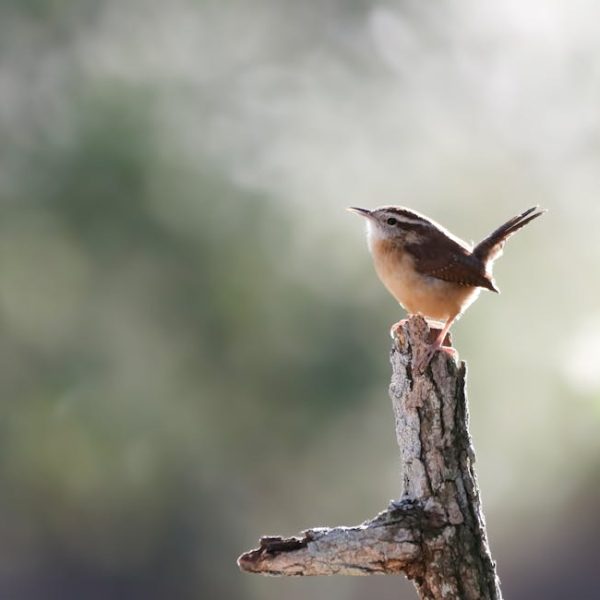Many gardeners adore the sight of colourful birds chirping away and fluttering around their gardens. However, when these feathered guests turn your hanging baskets into their personal playground or nesting space, it becomes an issue. This article will provide essential guidance on how to tactfully discourage them from causing havoc without causing harm.
Understanding the Bird’s Interest in Your Hanging Baskets
Furry friends may look innocent, but they are actually on the hunt for three main things: food, nesting materials, and perches. These needs make your lush hanging baskets an irresistible attraction. For example, the tender shoots and succulent berries are heavenly feasts for most bird species. Additionally, mosses, lichens, coconut fibers used in creating your basket serve as perfect nesting materials. Lastly, the sturdy basket frames provide ideal vantage points for birds to perch and observe their surroundings.
Common bird magnets: Fruits (like strawberries), bright flowers, coconut or moss liners, and densely foliaged plants.
Best Practice: Consider creating a bird-friendly zone in your garden. Providing a separate feeding and nesting area away from your hanging baskets could help distract and divert the attention of our feathered friends.
The Role of Bird Repellents in Protecting Your Hanging Baskets
Bird repellents come in a wide variety to suit individual gardener preferences. They range from non-toxic sprays and gels emitting scents disliked by birds, to ultrasonic devices that emit high-frequency sounds intolerable to birds but undetectable by humans. These repellents don’t harm birds but are effective at discouraging their visit.
Pros and Cons:
- Sprays/gels: Cost-effective and easy to apply. Negative point? They may require regular reapplication, especially after rain.
- Ultrasonic Devices: Long-lasting protection minus the need for reapplication. However, they are more expensive and could potentially affect other wildlife.
- Pro Tip: Regularly rotate bird repellents to prevent birds from getting used to them.
Physical Barriers as a Method to Protect Your Hanging Baskets
When the birds show persistence, it’s time to elevate your defense by including physical barriers such as bird nets, cones, or spikes. A vital caution: these barriers must be effective in protecting your baskets but should not harm your visiting birds.
Checklist for installation:
- Choose a bird net or cone large enough to thoroughly cover your basket.
- Secure the barrier using zip ties or string.
- Regularly check your barriers for signs of damage or degradation.
Comparison of different barriers:
- Bird nets: Highly effective and affordable but may alter the garden’s aesthetics.
- Bird cones and spikes: Slightly less effective but more subtle in appearance. However, they may be more costly.
Utilising Bird-Scaring Devices to Deter Birds
Introducing bird-scaring devices into your garden could be another effective approach to bird-proof your hanging baskets. Items like wind chimes, reflective tapes, scarecrows, or even a strategically placed plastic owl can work wonders at keeping birds at bay. They operate by disturbing the peace and calm environment that birds prefer.
Pros and Cons:
- Wind chimes: Provide dual benefits of decoration and bird-deterrence, however, they may also disturb household peace if too loud.
- Reflective tapes: Low in cost, and effective especially in sunny areas. On the downside, they may reduce garden aesthetics.
- Scarecrows and fake predatory birds: Extremely effective but may not blend with your garden’s aesthetics.
Best Practice: Place your bird-scaring devices at a height and in areas where birds are most prone to land. Remember to change their location frequently to keep the birds guessing.
Suitable Plant Choices to Reduce Bird Attraction to Hanging Baskets
Making bird-unattractive plant choices can minimize the attraction that your hanging baskets hold for birds – without compromising on aesthetics. Some plants, by nature of their foliage, flowers, or fragrance, are less appealing to birds.
Bird-discouraging plant choices: Fuchsia, begonias, petunias, geraniums.
Pro Tip: Rather than going for dense foliage and clusters of flowers, go for minimalistic designs with more space between plants. This reduces the attraction for birds without compromising aesthetics.
Birds are a delightful part of our ecosystems and bring joy to many gardeners. However, when their interest becomes detrimental to your hard-earned hanging baskets, it’s time to adopt measures to deter them – smartly and sympathetically. With the repertoire of tips outlined in this article, maintaining the attractiveness of your hanging baskets while keeping them bird-free has never been easier. Happy gardening!
Key Takeaway:
- Birds are attracted to hanging baskets for food, nesting materials, and perches. Making some sections of the garden bird-friendly can serve as a distraction.
- Bird repellents such as sprays, gels, or ultrasonic devices can deter birds without causing them harm. Regular rotation of repellents can prevent the birds from getting accustomed to them.
- Physical barriers like bird nets, cones, and spikes can protect hanging baskets without harming the birds.
- Bird-scaring devices such as wind chimes, reflective tapes, and scarecrows can help deter birds. It’s recommended to move these devices regularly to maintain their effectiveness.
- Choosing less bird-attractive plants like Fuchsia, begonias, petunias, geraniums can reduce bird attraction to hanging baskets.
As bird protection should be conducted without causing harm, it’s important to apply these tips with sympathy to our feathered friends. Ensure that whatever methods you choose sit well with your love for birds and nature. Happy bird-proof gardening!
FAQs
Q: What is the best time of the day to apply bird repellents?
A: The best time to apply bird repellents is in the early morning or late evening when the birds are less active.
Q: Are bird cones and spikes safe for birds?
A: Yes, bird cones and spikes prevent birds from landing or nesting but do not cause harm when correctly installed and supervised.
Q: Can I use multiple methods at once to deter birds from my hanging baskets?
A: Yes, using a combination of methods can increase the effectiveness of bird deterrence.
Q: I love hearing birds sing in my garden. Will using ultrasonic devices disturb them completely?
A: Ultrasonic devices will only deter birds from specific areas where they are installed and not completely remove them from your garden.
Q: Can reflective tapes used as bird-scaring devices harm bird’s eyes?
A: No, reflective tapes do not harm birds’ eyes. They merely create a visual disturbance that discourages birds from the area.
Please feel free to share this article with fellow garden enthusiasts! For more gardening tips and insights, explore other posts on our website. Happy gardening!
